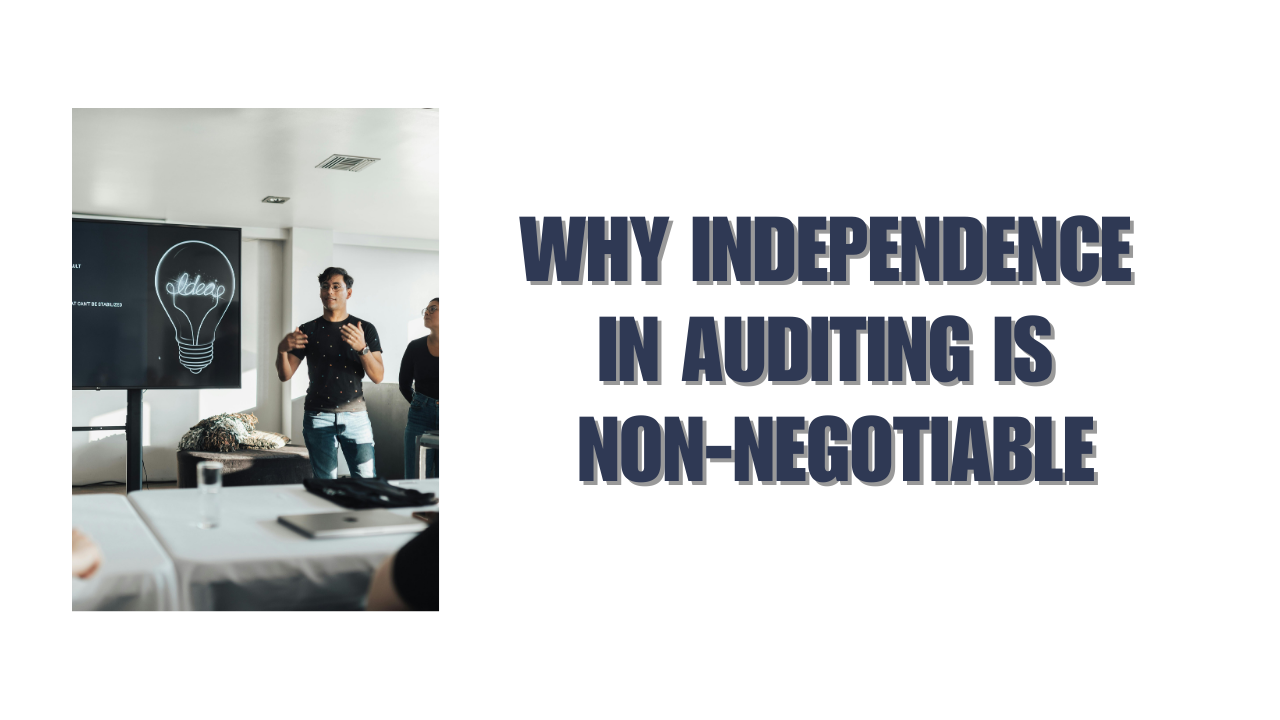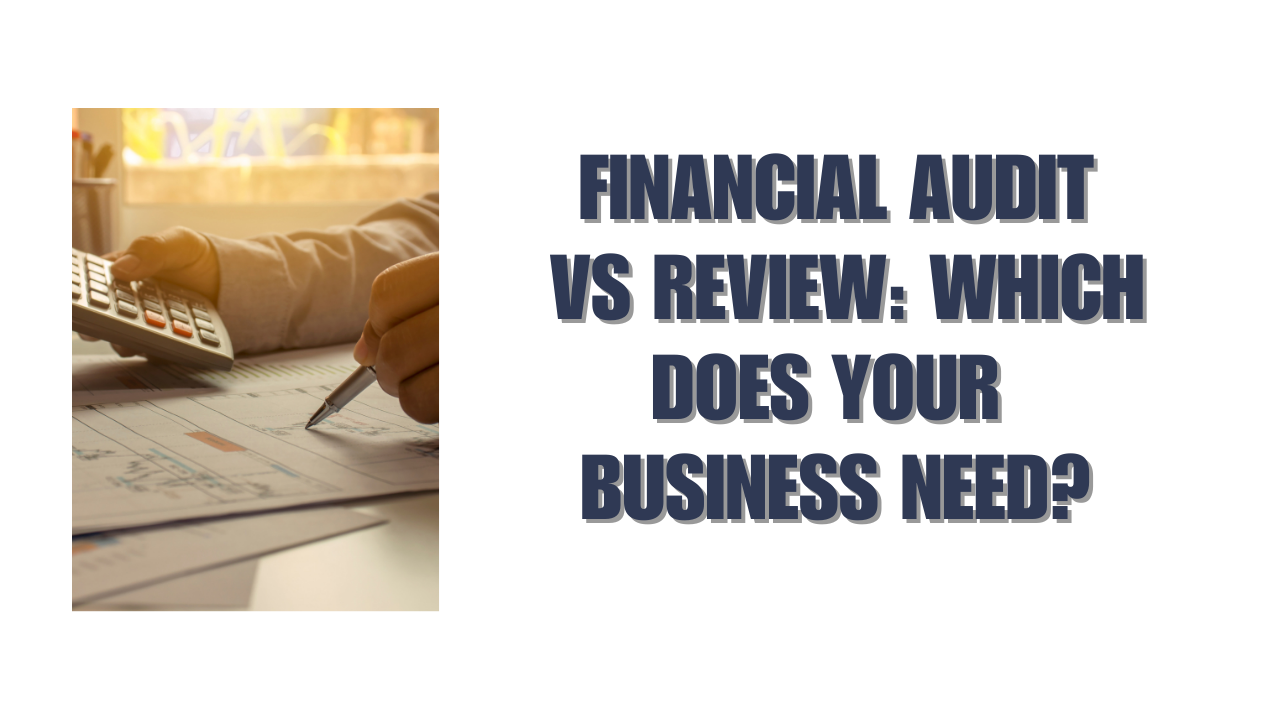Hiring an auditor is a crucial decision for any business aiming for financial accuracy, regulatory compliance, and operational efficiency. Whether you need an audit for tax purposes, financial reporting, or internal controls, selecting the right auditor ensures transparency and accountability. In this guide, we will walk you through the process of hiring an auditor, key factors to consider, and why Aurora Financials is a trusted choice for businesses across New Zealand.
Why Do You Need an Auditor?
Auditors play a significant role in assessing financial records, identifying risks, and ensuring compliance with relevant laws and regulations. Businesses typically require auditing services for:
- Regulatory compliance – Meeting industry and legal audit requirements.
- Financial accuracy – Ensuring that financial statements are free from errors or fraud.
- Tax compliance – Conducting tax audits to verify accuracy in tax reporting.
- Internal controls – Improving risk management and internal processes.
- Investor confidence – Providing stakeholders with reliable financial information.
Steps to Hiring the Right Auditor
1. Define Your Audit Requirements
Before starting your search, determine the type of audit you need. Auditors provide various services, such as:
| Audit Type | Purpose | |
|---|---|---|
| Financial Audit | Ensures the accuracy of financial statements | |
| Tax Audit | Reviews tax records for compliance with tax laws | |
| Internal Audit | Assesses risk management and internal processes | |
| Compliance Audit | Ensures adherence to industry regulations | |
| Forensic Audit |
|
2. Look for Qualified Auditors
A professional auditor should have relevant certifications such as:
- Chartered Accountant (CA)
- Certified Public Accountant (CPA)
- Certified Internal Auditor (CIA) (for internal audits)
- Industry-Specific Certifications (as required by regulations)
3. Assess Industry Experience
An auditor with experience in your industry will be more knowledgeable about industry-specific risks and compliance requirements. Choose an auditor who has worked with businesses similar to yours.
4. Evaluate Reputation and References
- Check reviews and testimonials from past clients.
- Request references from other businesses in your industry.
- Look at the auditor’s track record for reliability and professionalism.
5. Consider Remote Audit Capabilities
With digital advancements, many businesses now prefer remote auditing services. Ensure your auditor is equipped with secure data-sharing platforms and online collaboration tools to conduct audits efficiently.
6. Compare Costs and Service Offerings
Audit fees can vary based on the complexity and scope of the audit. Obtain multiple quotes and compare the value provided by each auditor.
7. Schedule an Initial Consultation
Discuss your audit needs with potential auditors to assess their approach, communication skills, and compatibility with your business.
Why Choose Aurora Financials as Your Audit Partner?
Aurora Financials is a trusted remote audit firm offering expert audit services to businesses across New Zealand. Our advantages include:
- Comprehensive audit solutions, including financial audits, internal audits, and tax compliance.
- Remote-first approach, making audits efficient and accessible for businesses nationwide.
- Industry expertise, ensuring compliance with sector-specific regulations.
- Transparent pricing, offering high-quality audit services at competitive rates.
- Client-focused service, providing personalized guidance and support.
Conclusion
Hiring the right auditor is essential for financial integrity, compliance, and business efficiency. By considering qualifications, experience, reputation, and service offerings, businesses can make informed decisions when selecting an auditor. Aurora Financials offers professional and remote-friendly auditing solutions, making us a reliable choice for businesses across New Zealand.
FAQs
1. When should a business hire an auditor?
A business should hire an auditor when required by law, for tax reporting, financial statement verification, or to assess internal controls. Many businesses also choose audits proactively to enhance financial accuracy and operational efficiency.
2. What qualifications should an auditor have?
An auditor should hold certifications such as Chartered Accountant (CA), Certified Public Accountant (CPA), or Certified Internal Auditor (CIA), depending on the type of audit needed.
3. How much does it cost to hire an auditor?
Audit costs depend on factors such as business size, complexity, and the type of audit required. It’s best to request quotes from auditors to compare pricing and services.
4. Can an audit firm provide consulting services?
Yes, many audit firms offer consulting services in areas like risk management, financial reporting, and process improvement, ensuring businesses enhance their financial operations effectively.






